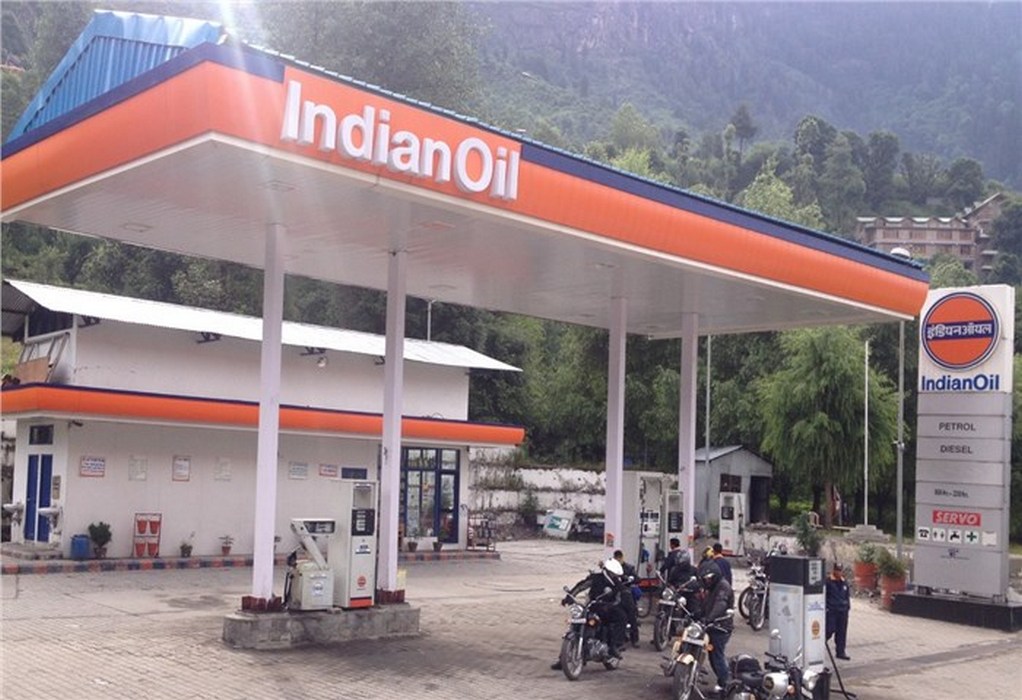In an effort to promote electromobility in the country, Indian Oil Corporation Ltd. has successfully conducted a feasibility study on the “Concept” of “Zero Emission Electromobility” at one of its gas stations in Bangalore.
Zero-Emission Electric mobility is a concept that allows an electric vehicle (EV) to be charged using solar energy, thereby ensuring zero emissions. The EV charging system was developed by Hygge Energy, a startup incubated by Tech Mahindra, and has three main features: EVs are charged using solar energy, no grid infrastructure upgrades are required, and grid resilience is enhanced by the system’s architecture, especially in remote areas.
The technology enables intelligent charging of electric vehicles using “hybrid microgrids.” Hybrid microgrids are created by integrating existing grid infrastructure with solar photovoltaic panels. Zero Emission Electric Mobility is a highly adaptable system that uses artificial intelligence and the Internet of Things (IoT) to ensure that charging requirements are primarily met by renewable energy from these hybrid microgrids, thereby enabling 100% clean energy electromobility. It also prevents the additional load that the EV equipment will place on the distribution transformers that feed the filling stations. As a result, clean energy electromobility can be implemented without the need for additional investments in network infrastructure.
Tags: Charging System, EVs, IndianOil, Zero Emisssion



Recent Posts
FueLNG Completes 400th LNG Ship-to-Ship Bunkering Operation in Singapore
Port of Gothenburg Hosts First Bunkering of Swedish-Produced Biomethane for Maritime Sector
UrbanLink Expands REGENT Seaglider Order, Driving Forward Zero-Emission Coastal Travel in Florida and Puerto Rico
HD Hyundai Executive Vice Chairman Holds Landmark Talks with U.S. Trade Representative on Shipbuilding Cooperation
ZeroNorth and Veracity by DNV launch end-to-end emissions reporting and verification service for the maritime industry
Hapag-Lloyd Expands ‘Hamburg Express’ Class Fleet with Delivery of Genova Express
Bureau Veritas calls for standardized safety regulations to accelerate adoption of electrification technology
ABS Publishes Safety Insights for Ammonia as a Marine Fuel